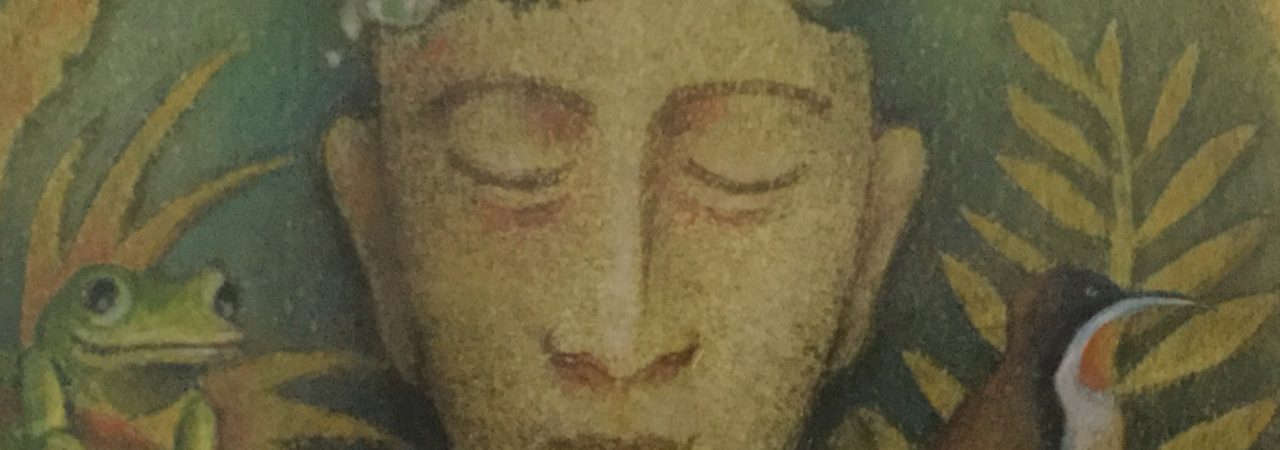Queanbeyan-based writer, researcher and advocate, Gerry Gillespie, has recently written The Waste Between Our Ears, a book outlining ways to rethink rubbish disposal. “[We need]…to think differently about discarded materials – about how to focus on their economic value rather than on how they simply are waste. To do this, you will need to be able to put your mind in a different place”, says its Foreword. The current model is broken and there is a need to change our direction of manufacturing, consumption, and destructive environmental processes, Gerry says. He notes that the demands for continuous economic growth, and consumer buying and disposing of products, have given scant thought to resultant environmental damage to air, water and land, and, their cumulative negative effects on human health and farmlands. A strong supporter of the zero-waste network (which has been popular in Europe for some time), Gerry challenges current thinking on dealing with rubbish. He favours initiatives for the re-use of organic and other waste products, and ultimately, that can translate into more local jobs and a healthier economy. Zero-waste concepts mean that waste materials are separated for recycling at their source, rather than be compacted with other products (and then dumped into landfill). While he praises ACT government initiatives, he draws attention to various other nations’ systems. Wales’ stack system means that every house has a bin on a trolley and household products are separated according to categories and left outside for collection. Over half of the material is returned to soil as compost and biological products, and, more jobs are being created. Gerry emphasises that our present system is counterproductive because various recycling companies are working to work to achieve different outcomes. As well, tightly-packed waste becomes damaged and hence is very difficult to dispose of. The Waste Between Our Ears contains substantial information on a range of topics in the world of recycling, as well as practical solutions to deal with many products including paper and cardboard, chemicals, clothing and textiles, glass, metal, plastic, timber, concrete and oils. Gerry notes: “…nature simply treats things as they are and uses them for continual benefit in a circular system in which they are disposed from one circumstance to the next”, whereas the way that our society operates, pre-determines waste.
